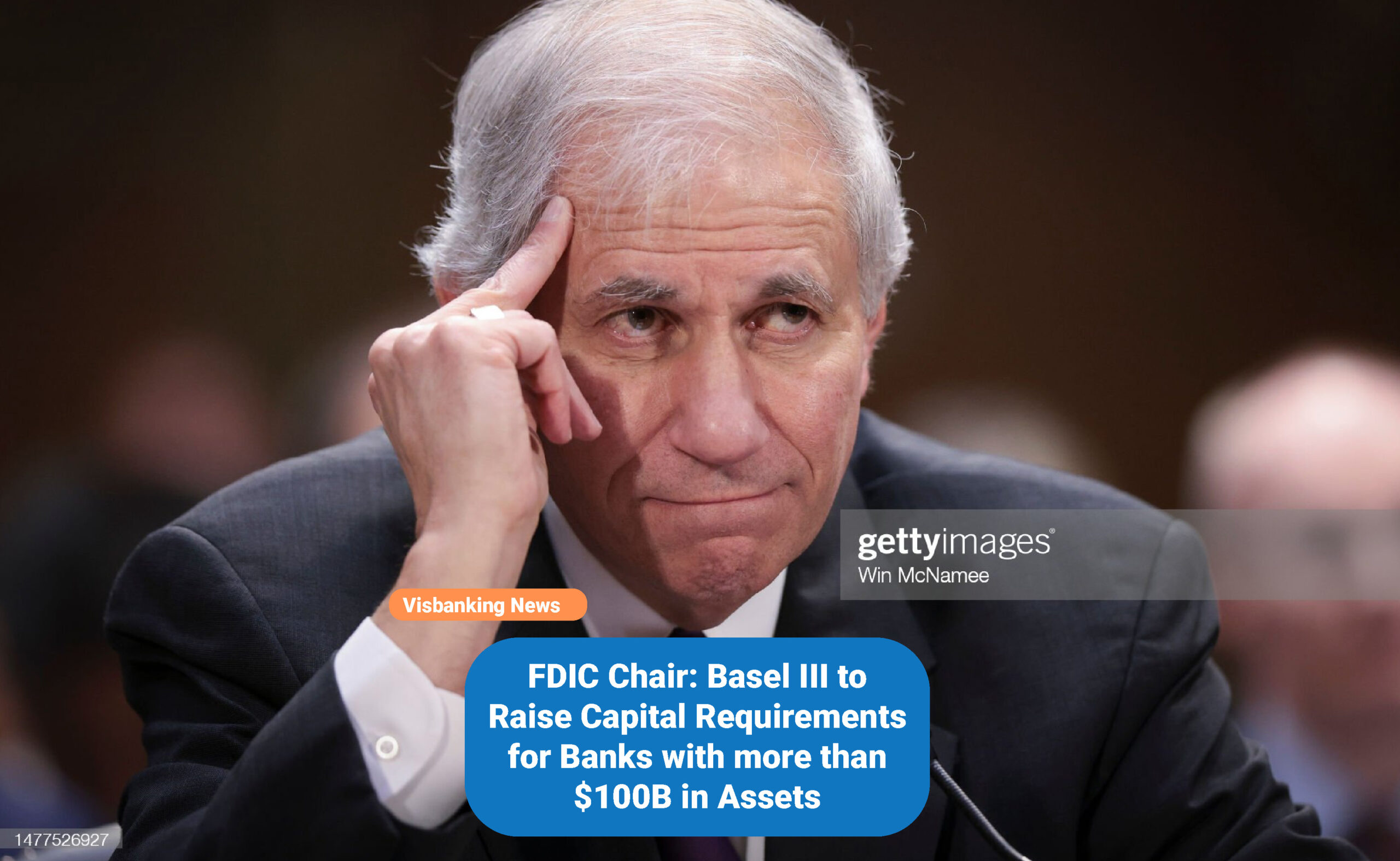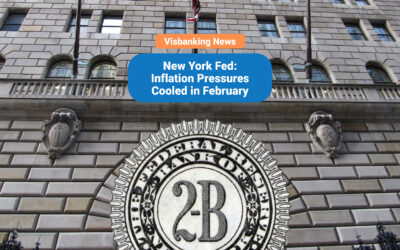Banks with more than $100 billion in assets should expect an increase in capital requirements under a new proposed Basel III rule. That’s according to remarks from Federal Deposit Insurance Corporation (FDIC) Chair Martin Gruenberg late last week. Gruenberg announced the news during a speech at the Peterson Institute for International Economics.
Basel III standards update
The FDIC chair noted that his agency has collaborated with the Federal Reserve and Office of the Comptroller on the rulemaking. The three agencies have reportedly been focused on updates to the U.S. capital framework as the plan to implement Basel III updates. According to Gruenberg, this year’s bank failures have been a key consideration in regulators’ decision-making process:
“A key consideration with respect to these revisions is the scope of application – in other words, which banks will be subject to the proposed rule. For example, the agencies are considering whether to apply the proposed new rule to banks with assets over $100 billion.
This consideration has certainly been influenced by the recent experience with three bank failures of institutions with assets between $100 billion and $250 billion. If we had any doubt that the failure of banks in this size category can have financial stability consequences, that has been answered by recent experience.”
Community banks to be excluded
Gruenberg also said that community banks would not be subject to the proposed rule change. He cited their size and different trading activities as factors in that decision. Fed Chair Jerome Powell echoed that message during Senate testimony the same day”
“The capital requirements will be very, very skewed to the eight largest banks. There may be some increase for other banks. None of this should affect banks under $100 billion in assets.”
Gruenberg’s statement suggested that implementation of any final Basel III rule would not begin until the middle of 2024. In addition, he said that full implementation would take several additional years. That phased approach to implementation is expected to minimize the impact on the banking sector and the broader economy.




